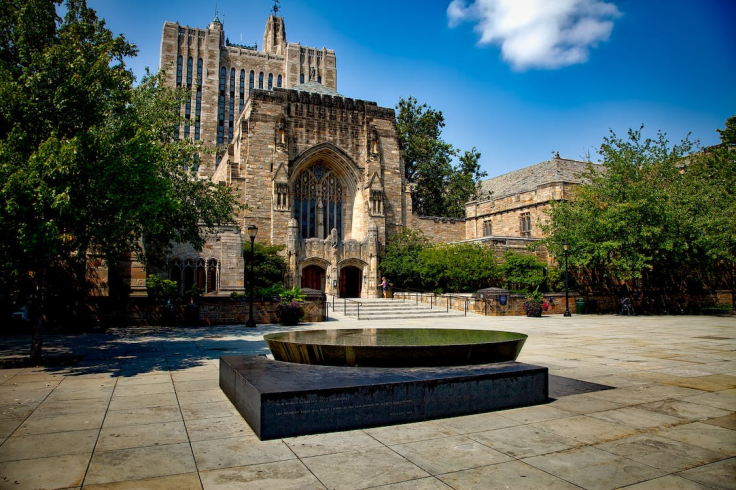Temple University Announces Transformative Tuition Promise, Promoting Affordable Higher Education in Pennsylvania
ByIn a groundbreaking announcement, Temple University unveiled the Temple Promise program, a visionary initiative aimed at covering tuition and fees for incoming full-time students from Philadelphia with a family income of $65,000 or less.
This program, scheduled to take effect for the upcoming fall's incoming class, is set to be a transformative force not only for the university but also for the city it calls home. President Richard Englert, expressing confidence in the initiative, declared that the Temple Promise program would be "transformational for both the university and the city."

Aligning with State Efforts for Affordability
The announcement comes in the wake of an ambitious reorganization and affordability plan put forth by Pennsylvania Governor Josh Shapiro. This broader state plan seeks to cap tuition for low- and middle-income students at Pennsylvania State System of Higher Education (PASSHE) campuses at an unprecedented $1,000 per semester, a substantial reduction from the typical costs of $7,000 or more. While Temple University, operating independently of PASSHE as a public "state-related" institution, is not directly included in Shapiro's plan, the university has expressed its commitment to reinforcing the state's goals through its Temple Promise program.
Addressing the Affordability Crisis in Pennsylvania Public Colleges
Pennsylvania's public colleges have been grappling with affordability challenges in recent years. In the face of insufficient funding from the state Legislature, consistently falling below the national average, and heightened competition for a shrinking pool of applicants, public colleges find themselves navigating a precarious financial landscape. Temple University's proactive step with the Temple Promise program not only sets a commendable precedent but also directly addresses the larger issue of the affordability crisis facing higher education institutions across the state.
A Transformative Initiative
The Temple Promise program represents a bold move by Temple University to address the financial barriers that often deter prospective students from pursuing higher education. To qualify for this groundbreaking program, students must be legal residents of Philadelphia County and be working towards their first bachelor's degree at Temple. By focusing on students with family incomes of $65,000 or less, Temple is actively working towards creating a more inclusive and diverse academic community.
President Richard Englert's emphasis on the transformational impact of the program underscores Temple University's commitment to making education accessible to all, irrespective of economic backgrounds. By providing financial support to students who might otherwise be unable to afford a college education, Temple is not only investing in individual futures but also contributing to the socioeconomic development of the city and the state at large.
Aligning with State Efforts for Affordability
While Temple University operates independently of Governor Shapiro's plan for PASSHE campuses, the alignment of the Temple Promise program with the broader state initiative is noteworthy. The collaborative effort between the state government and an independent institution sends a powerful message, emphasizing the collective responsibility of stakeholders in ensuring access to quality education.
Governor Shapiro's plan, focused on capping tuition for low- and middle-income students at PASSHE campuses, complements Temple's efforts to make education more affordable. The state's commitment to providing an affordable education for its residents, coupled with Temple's dedication to reinforcing these goals, showcases a united front in addressing the pressing issue of college affordability. This collaborative approach sets a positive precedent for other institutions to consider innovative measures to enhance accessibility.
Addressing the Affordability Crisis in Pennsylvania Public Colleges
As public colleges in Pennsylvania grapple with financial challenges, Temple University's Temple Promise program serves as a beacon of hope. The financial strain on public colleges, resulting from inadequate funding and increased competition for applicants, has created an affordability crisis. Temple's proactive stance to make education accessible not only sets an example for other institutions but also contributes to reshaping the higher education landscape in the state.
The Temple Promise program holds the promise of transforming lives and empowering communities. By taking proactive measures to alleviate the financial burden on students, Temple University is not only investing in the future of its students but also contributing to the socioeconomic development of the city and the state at large. As the Temple Promise program takes effect in the upcoming fall, it stands as a testament to Temple University's commitment to addressing the urgent need for affordable higher education in Pennsylvania.
© 2026 University Herald, All rights reserved. Do not reproduce without permission.








